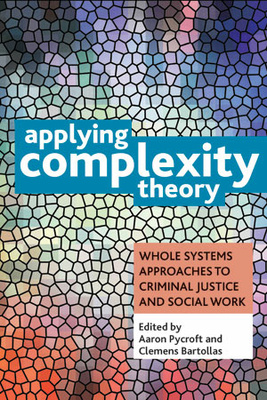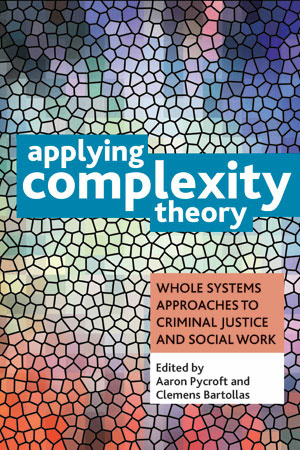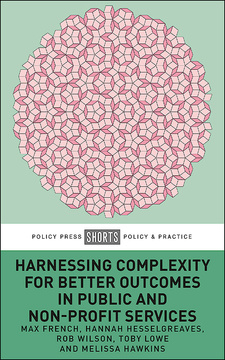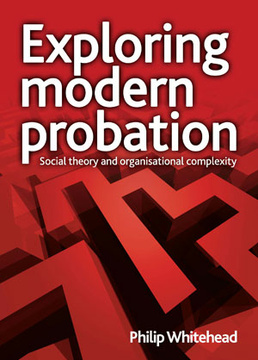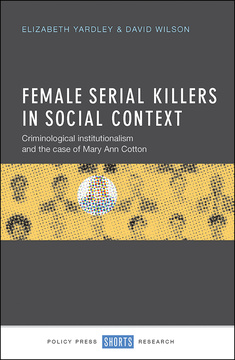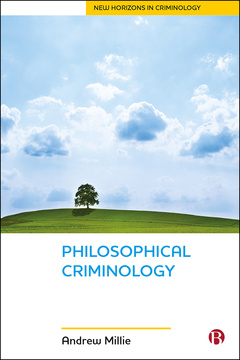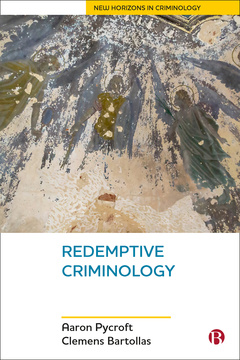Applying Complexity Theory
Whole Systems Approaches to Criminal Justice and Social Work
Edited by Aaron Pycroft and Clemens Bartollas
Published
May 28, 2014Page count
328 pagesISBN
978-1447311409Dimensions
234 x 156 mmImprint
Policy PressApproaches based around complexity theory are increasingly being used in the study of organisations and the delivery of services. This is the first book to explore the application of complexity theory to difficult practice issues in criminal justice and social work and is intended to stimulate debate. It brings together experts in this emerging field to address complexity theory from a range of perspectives (positivist, realist, and constructivist), providing a detailed but accessible discussion of the key issues to whole systems approaches. The chapters cover theory and research on the nature of complex adaptive systems, their application to key areas of service delivery and the efficacy and ethics of criminal justice and social work interventions. The book argues for the usefulness of applying complexity theory to address significant and intractable social problems and also challenges the reductionist approaches to solving those problems currently favoured by policy makers. It will be of interest to academics and postgraduate students in social work and criminal justice.
Aaron Pycroft is Senior Lecturer in Addiction Studies at the Institute of Criminal Justice Studies at the University of Portsmouth, where he teaches, writes and researches on theory, policy and interventions related to substance misuse.
Clemens Bartollas PhD is a Professor of Sociology at the University of Northern Iowa School of Sociology, Anthropology and Criminology. He has written extensively in the areas of criminology and criminal justice, penology and corrections.
Introduction ~ Aaron Pycroft and Clemens Bartollas;
Complexity Theory: An over view ~ Aaron Pycroft;
Risk, Attractors and Organisational Behaviour ~ Paul Jennings;
Why Do People Commit Crime? An Integrated Systems Perspective ~ Matthew Robinson;
Complexity and the Emergence of Grassroots Social Work and Criminal Justice Programmes ~ Michael Wolf Branigin;
Child Protection Practice and Complexity ~ Peter Hassett and Irene Stevens;
Youth justice: From linear risk paradigm to complexity ~ Stephen Case and Kevin Haines;
The Stephen Lawrence Inquiry: A case study in policing and complexity ~ John Grieve;
Intersecting Contexts of Oppression within Complex Public System ~ Charmaine McPherson and Elizabeth McGibbon;
Complexity Theory, Trans-disciplinary Working and Reflective Practice ~ Fiona McDermott;
Probation Practice and Creativity in England and Wales: A Complex Systems Analysis ~ Aaron Pycroft;
Responding to Domestic Abuse: Multi Agented Systems, Probation Programmes and Emergent Outcomes ~ Sarah Lewis;
Complexity, Law and Ethics ~ Bruce Arrigo and Christopher Williams;
Constituting the System: Radical Developments in Post Positivist Society ~ Clemens Bartollas;
Conclusion ~ Clemens Bartollas and Aaron Pycroft.







